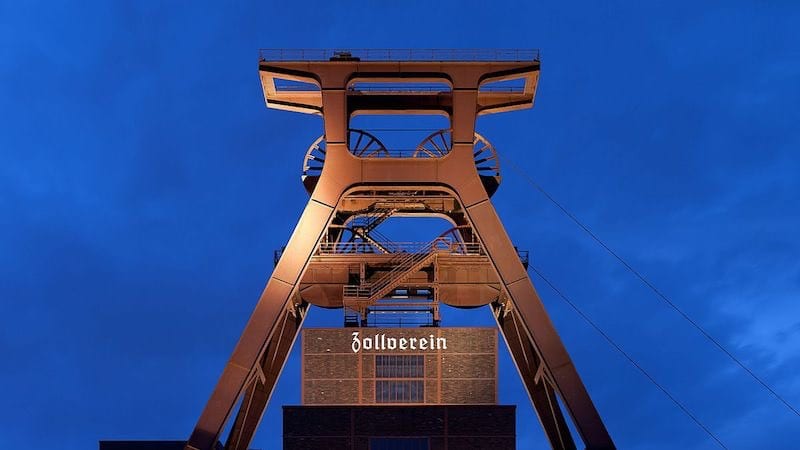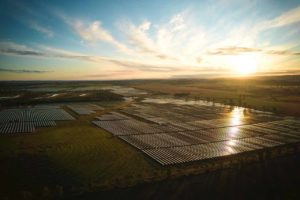Researchers at the German Aerospace Center (Deutsches Zentrum für Luft- und Raumfahrt, or DLR) have presented a concept which would convert coal-fired power plants into heat storage power plants, using molten salt as a heat storage mechanism.
Country’s around the world are quickly making it known that coal is no longer the favoured power generation technology and are announcing short- and long-term phase-out plans. France has promised to shut all coal plants by 2022; Austria, Great Britain, Italy, and Portugal will all finish with coal in 2025; while Germany has promised to phase out all coal by 2038.
In support of their country’s promise to phase out coal, then, German researchers from DLR have developed a concept which would convert coal power plants – using a large portion of the existing plant infrastructure – into heat storage power plants.
Specifically, instead of burning fossil fuels, the new storage facilities would use renewable energy sources to heat molten salt and store it as a heat storage medium – a process which emits no greenhouse gas emissions.
The heat generated can be stored, and then used to create water vapor which then drives the turbines of the power plant. Generators then convert the mechanical power of the turbines into electricity.
The researchers claim that molten/liquid salt is an “ideal” storage medium “because it is inexpensive and available worldwide and can be used in liquid form at temperatures between 170 and 560 degrees Celsius.”
These “Carnot batteries” would be primarily used to supply heat and cooling, which are responsible for a sizeable portion of our planet’s greenhouse gas emissions.
Energy storage is becoming more and more important to accommodate the growing capacity of renewable energy sources feeding into the grid.
Variable (though not inconsistent) by nature, renewable energy sources can be supplemented and supported by energy storage technologies – such as batteries, but also by large-scale storage projects such as heat storage – to smooth their output and minimise fluctuations to the grid.
“With the help of heat storage power plants, we are able to remove these fluctuations from the grid and supply electricity as needed, thus refining the variable power generation from renewable energy sources,” said Professor André Thess, the director of the DLR Institute of Technical Thermodynamics.
The DLR researchers highlighted two common examples that would benefit from heat storage such as they described.
“If excess electricity is available, for example because the sun is long and intense or the wind blows heavily, the liquid salt is heated to over 400 degrees Celsius and stored for one night,” they write. “In times of low power from renewable sources, this salt is then used and allows a constant power generation.”
Utilising retired coal-fired power plants further increases the viability and efficiency of the proposed idea.
“A large part of the infrastructure from the ‘first life’ of the power plants can be taken over, replacing coal storage and incineration, grid connections, and turbines, saving tremendous costs and proven operating modes and jobs are retained,” explained Professor Bernhard Hoffschmidt, Director of the DLR Institute for Solar Research.
Plans are currently underway to design and construct a pilot project based on DLR’s research, the aim of which is to subject the power plant concept and molten salt heat storage to a comprehensive practical test.










